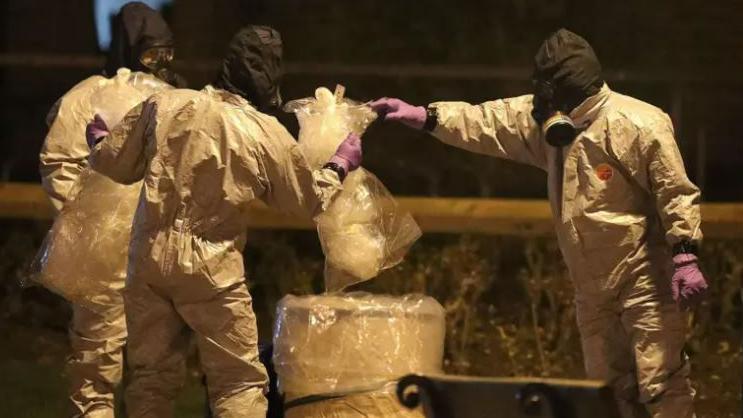Official believes Putin ordered Novichok poisoning
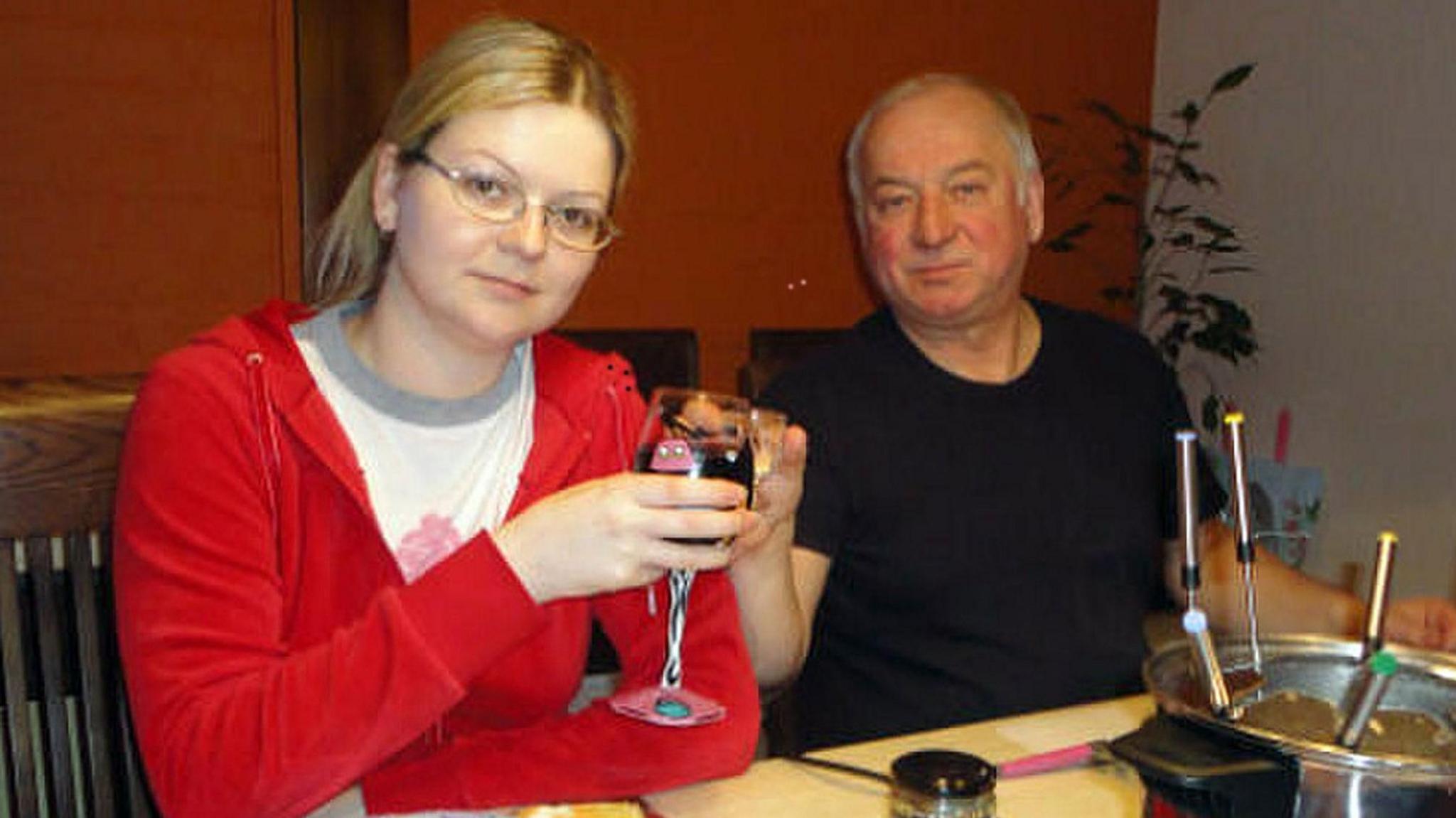
The Skripals survived a nerve agent attack in 2018
- Published
Russian President Vladimir Putin would have authorised the assassination attempt on Sergei Skripal in Salisbury in 2017, a senior UK government official has said.
Jonathan Allen, director general of defence and intelligence at the Foreign Commonwealth and Development Office (FCDO) told the Dawn Sturgess Inquiry it was because of the “enormous” reputational risk the Novichok poisonings would have posed to Russia.
He added that Russia would have been “shocked” by the speed of the international response to the attempted killings, which lead to the death of Ms Sturgess several months later.
Mr Allen also told the inquiry he believed the attack was not intended to remain secret.
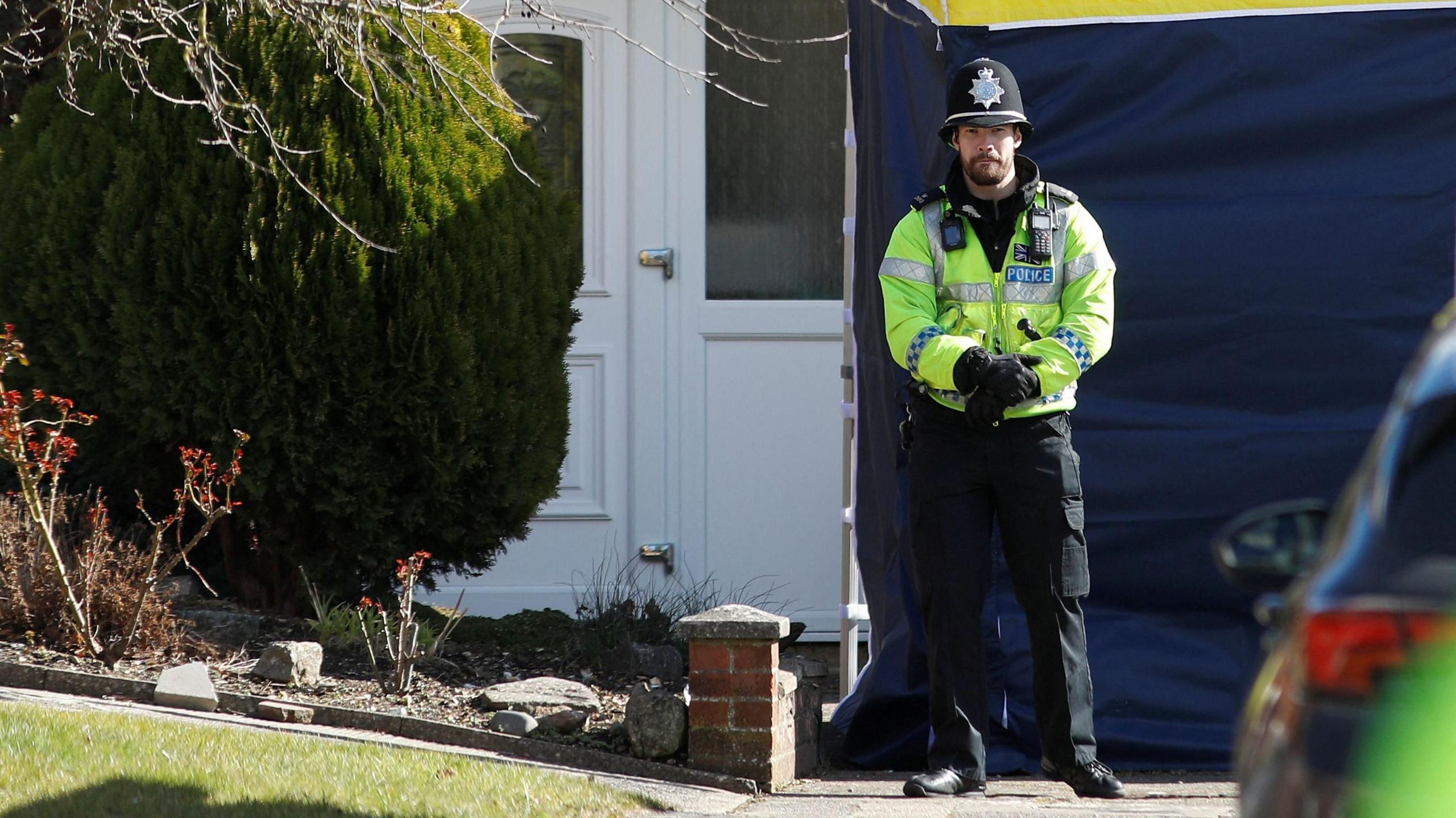
Traces of Novichok were found on Sergei Skripal's door handle
The UK Government has said the poisonings happened when two Russian agents left Novichok on the handle of the Skripal's front door.
"There are many ways in which you could have ambiguity in the mind of an investigating authority as to whether someone had died naturally, or how they had died," he said.
"Use of a nerve agent in this way is clearly going to be traced back to Russia.
"That's why I believe it wasn't intended to remain covert entirely - it was meant to act as a warning in my view."
He added: "What I suspect they were not anticipating was how thoroughly and how quickly we were able to set out what had happened and the speed at which we made an international response happen - and therefore the speed at which Russia felt very serious consequences."
When asked who may have authorised the attack on Mr Skripal, Mr Allen said: “It would have gone, in my view, to President Putin.
“They are such big issues, such big risks to be taking.”
Crime Next Door: The Salisbury Poisonings
Listen to more coverage of the Dawn Sturgess Inquiry with our podcast.
Mr Skripal, his daughter Yulia and former police officer Nick Bailey were poisoned by the nerve agent in the Wiltshire city in March 2018.
Ms Sturgess, 44, died on 8 July 2018 after she was exposed to Novichok, which was left in a discarded perfume bottle in nearby Amesbury.
At the inquiry on Thursday, Mr Allen said the government had "learned from the Litvinenko experience, in which Russia played all sorts of games, dragged its feet, played with both the police investigation and ultimately the inquiry, pretending that it was going to co-operate and never doing so.
“There was absolute clarity from the start, we were not going to let Russia string this out in the same way.
“I think the second reason for internationalising, or going on this international strategy, was really to build quickly a coalition of countries who could both understand the risk and then take steps themselves to protect their own countries, but also could ultimately act together to deter and degrade Russia’s ability to do this in future.”
The Russian government has always denied involvement in the Salisbury poisonings and the Russian embassy has been approached for comment.
Get in touch
Tell us which stories we should cover in Wiltshire
Follow BBC Wiltshire on Facebook, external, X, external and Instagram, external. Send your story ideas to us on email or via WhatsApp on 0800 313 4630.
- Published29 October 2024
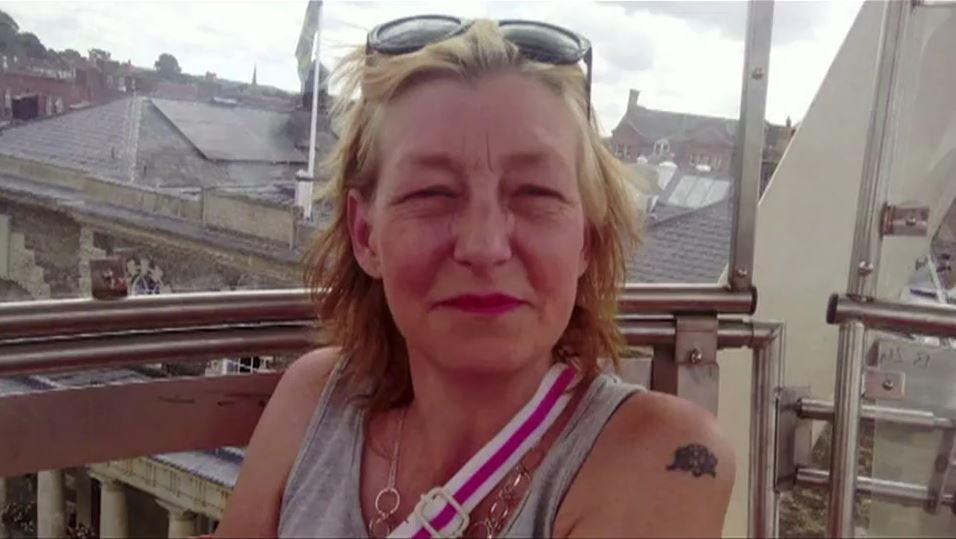
- Published26 November 2024
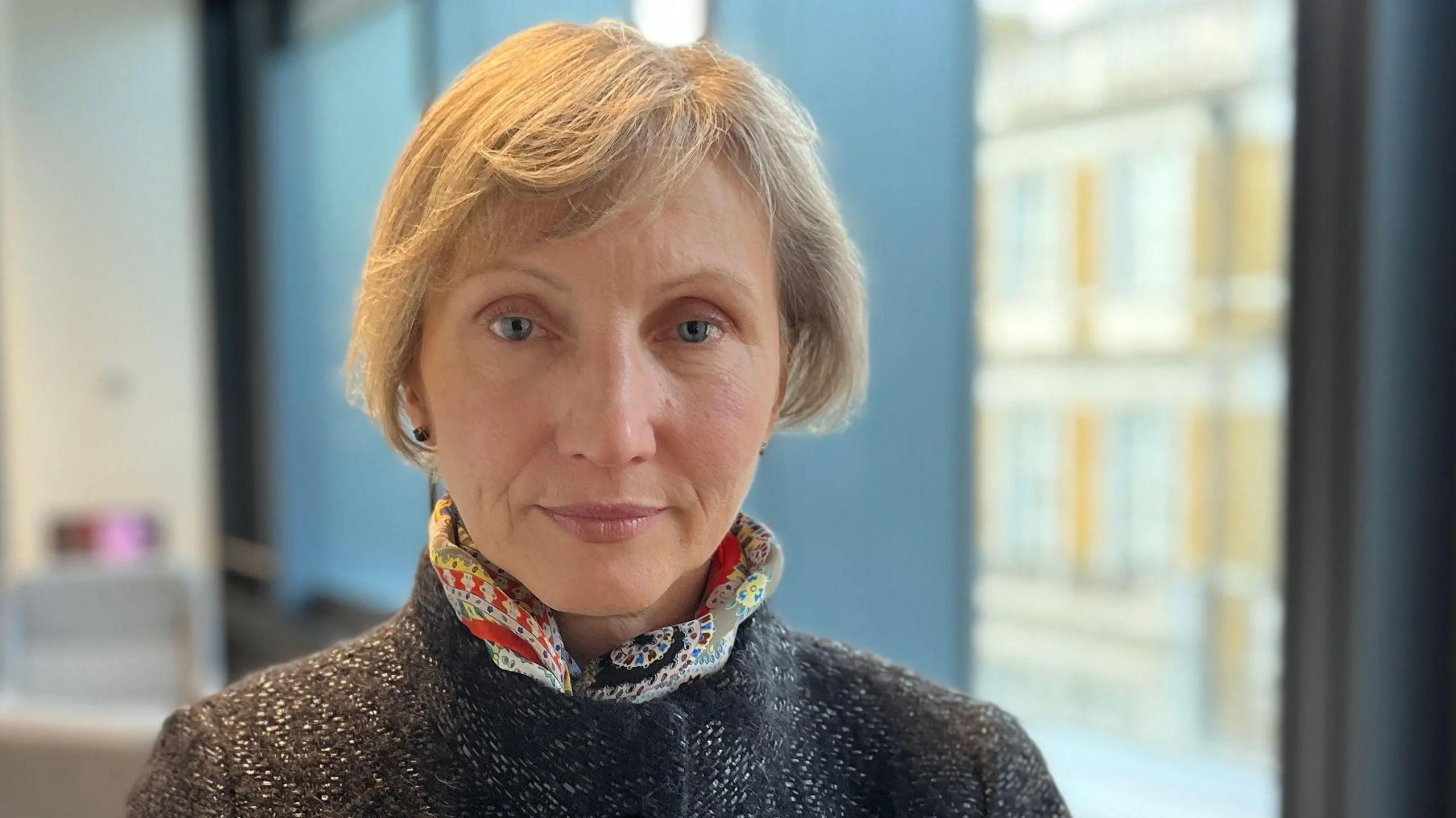
- Published19 November 2024
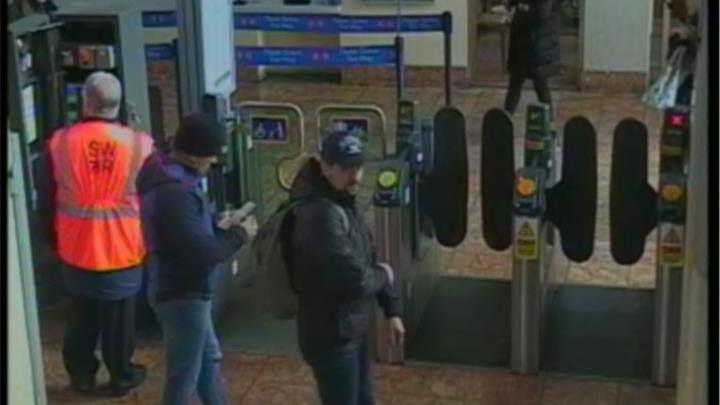
- Published22 November 2024
